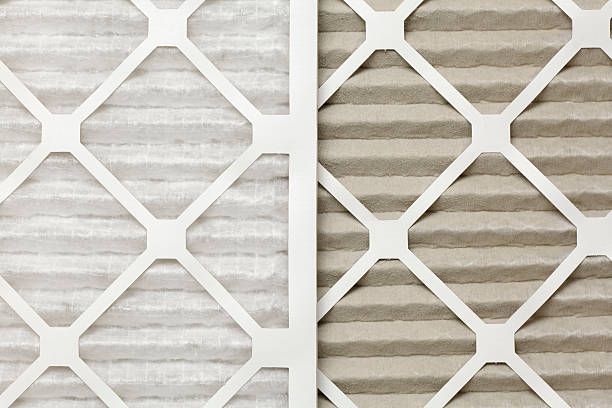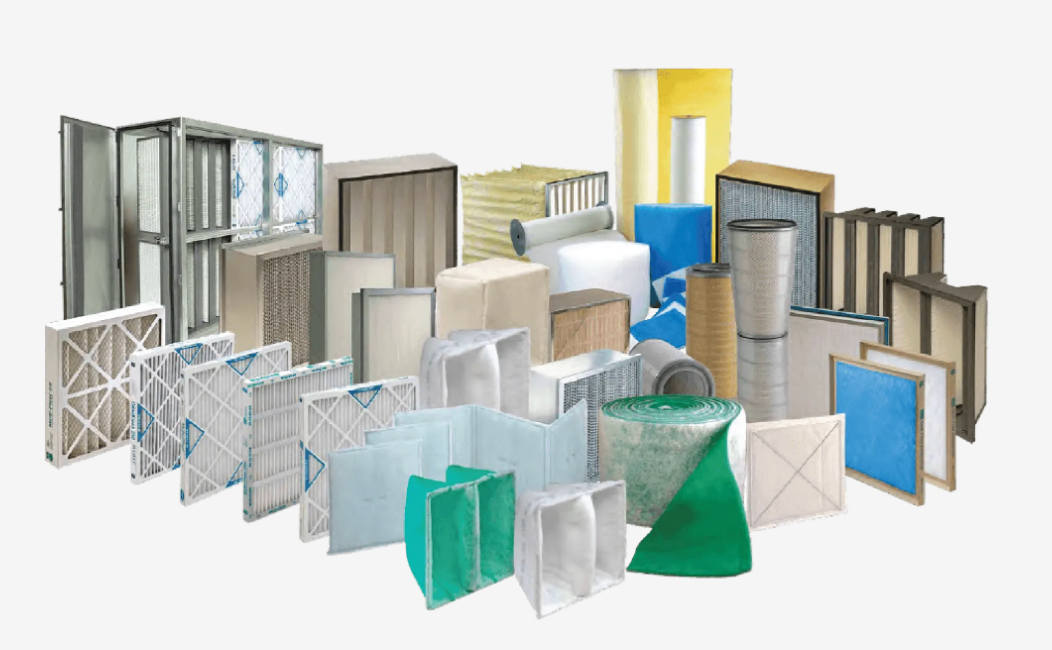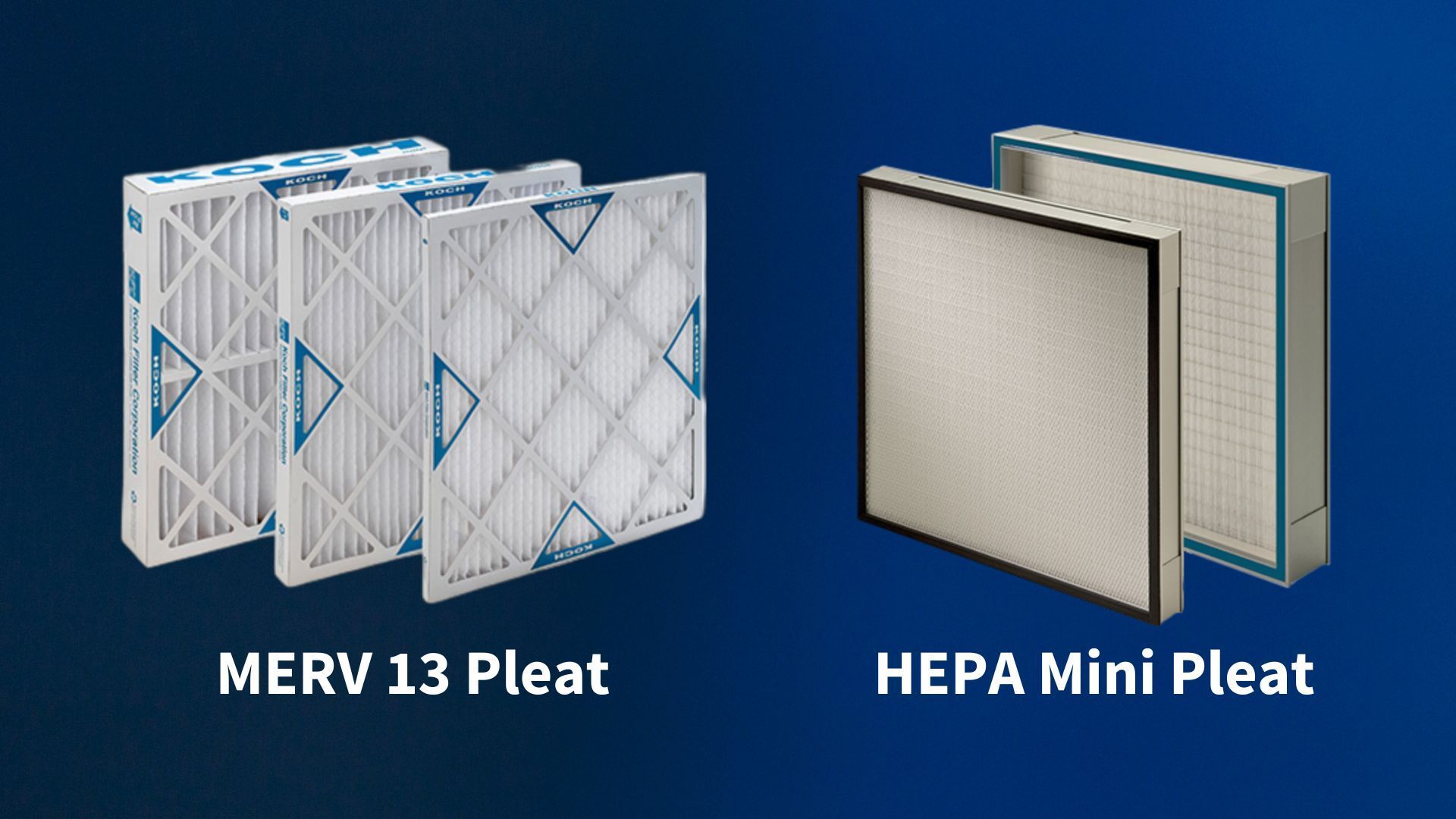Ryan Berkley, CAFS, is president of B&B Filters. As a Certified Air Filter Specialist by the National Air Filtration Association (NAFA), Ryan has completed extensive training and testing in the field of air filtration and has a thorough understanding of air filtration principles, technologies and practices. This high level of filter expertise allows Ryan to provide school districts, universities, hospitals, manufacturers, laboratories, research facilities and others customized, quality solutions to their air filtration needs. Call or text Ryan at: 423.598.9930
4 Maintenance Tips
Establishing a regular maintenance schedule is fundamental to achieving optimal filter performance. Here are four tips we recommend:
- Inspect Filters Monthly: Making inspections a habit allows you to catch issues early on. During these checks, look for signs of dust accumulation or discoloration. These are indicators that the filter may need attention sooner rather than later.
- Replace Per Manufacturer Guidelines: While many filters last three to six months on average, high-traffic areas can demand more frequent replacements. Adjusting your replacement plan based on usage can save you from inefficiencies.
- Clean Washable Filters: If your system employs washable filters, be sure to clean them regularly. Not only does this practice extend the lifespan of your filters, but it also ensures peak performance.
- Monitor Performance: Keeping an eye on airflow and water pressure indicators offers vital insight into the health of your filters. Noticeable changes in these readings can indicate the need for immediate maintenance or replacement.
By integrating these maintenance practices into your routine, you actively contribute to the sustainability and effectiveness of your filtration systems while enhancing the overall efficiency of your commercial application.











